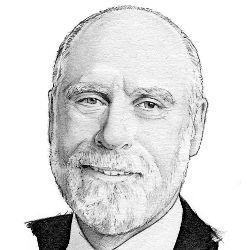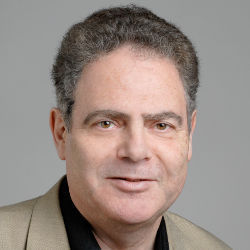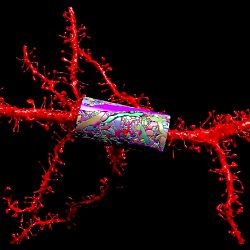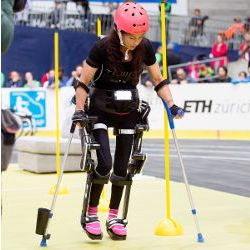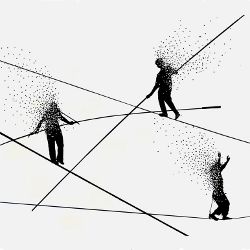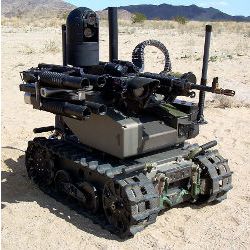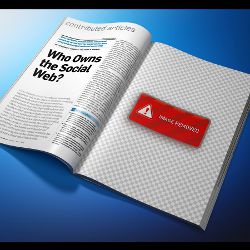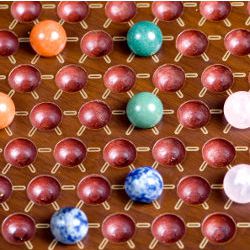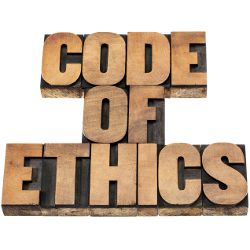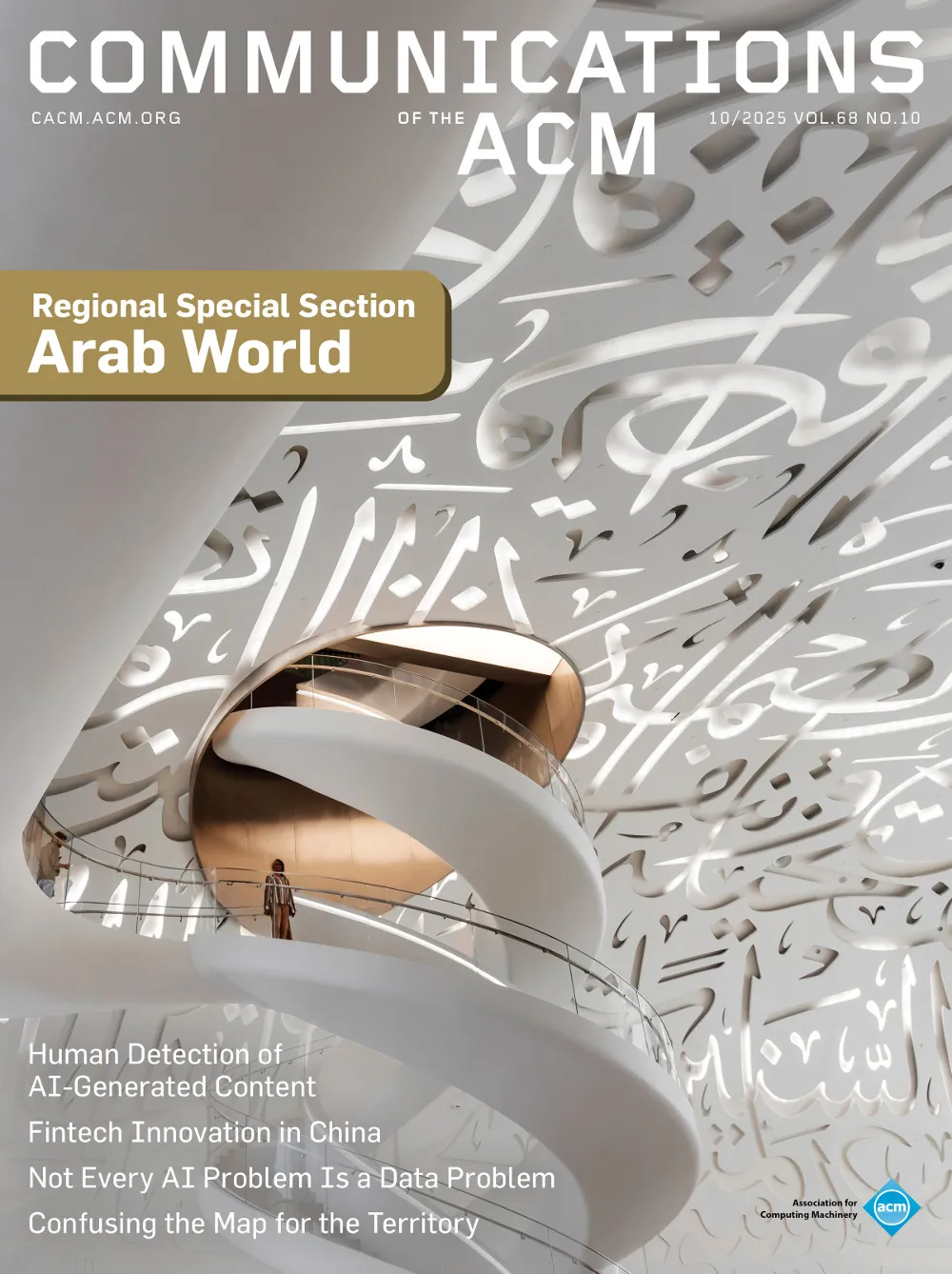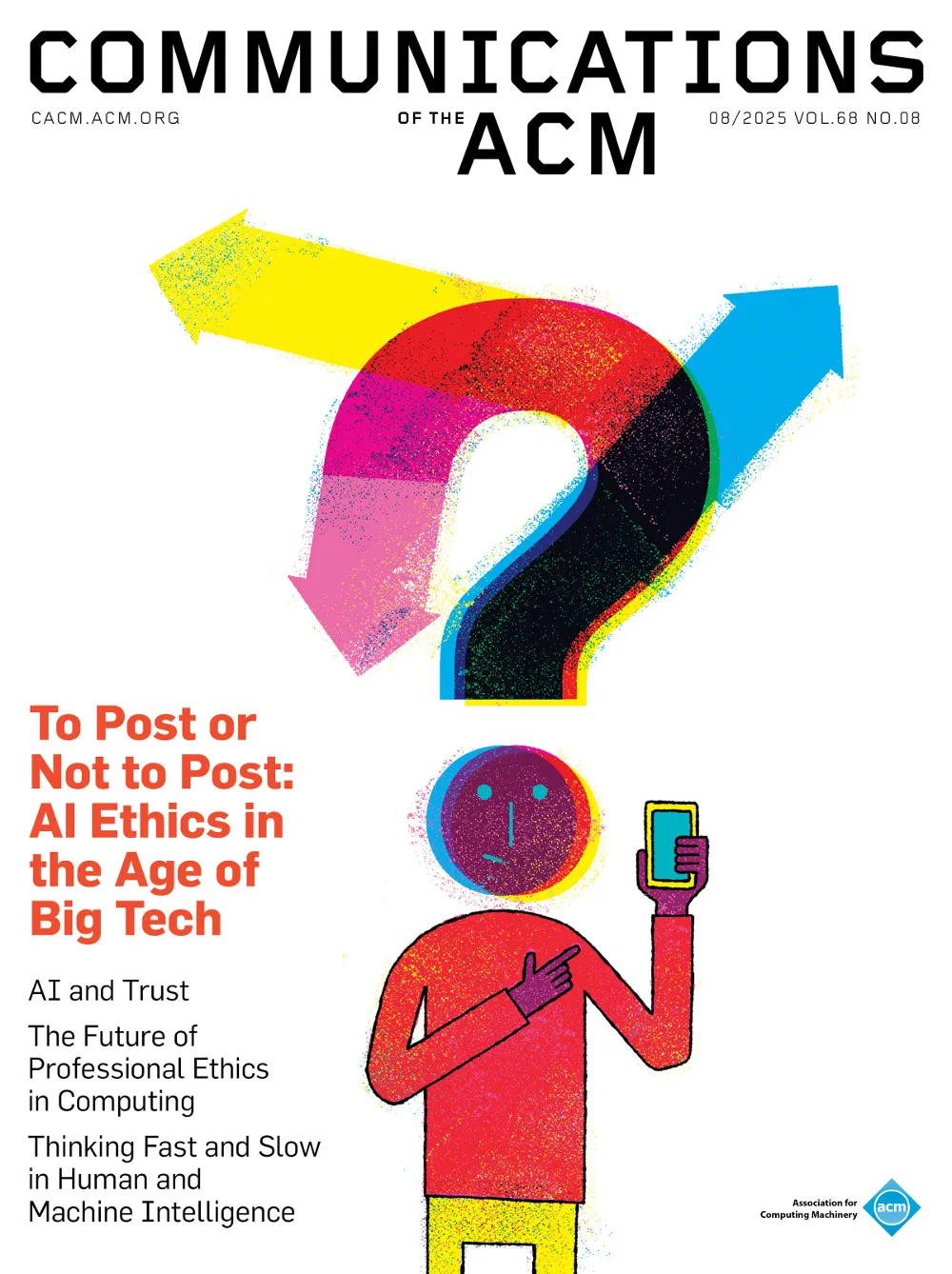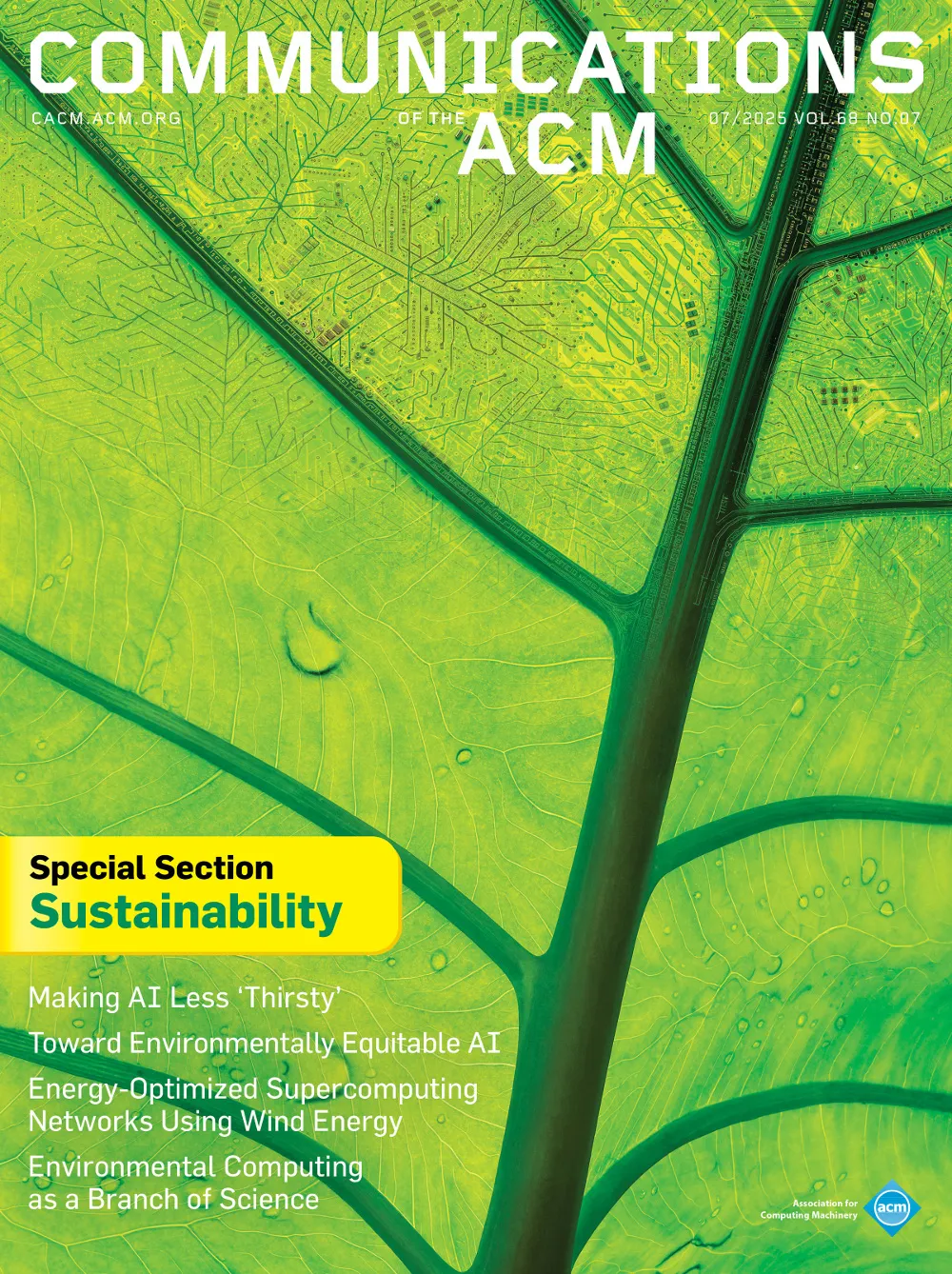Cyber Insecurity and Cyber Libertarianism
May 2017 - Vol. 60 No. 5
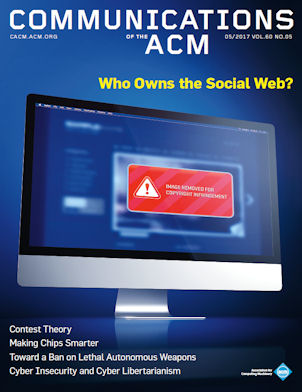
Features
Opinion Departments
Here we are, 70 years into the computer age and after three ACM Turing Awards in the area of cryptography, and we still do not seem to know how to build secure information systems. And yet, our community marches forward with no special sense of urgency.
Can Liberty Survive the Digital Age?
Online social media have provided a megaphone for voices that might not have been heard except in limited circles. The amplifying effect, however, gives visibility to deliberate (or ignorant) misinformation, hate speech, incitement to violence, and advocacy of terrorism.
Void safety, says Bertrand Meyer, relies on type declarations and static analysis.
Supercomputers will sift massive amounts of data in search of therapies that work.
Advances in artificial intelligence and machine learning are motivating researchers to design and build new chips to support different computing models.
Developers of innovative assistive devices compete as a means of networking with each other.
2009 ACM Prize recipient Eric Brewer, 2004 ACM A.M. Turing Award co-recipient Vint Cerf, 2016–2017 Athena Lecturer Jennifer Rexford, ACM Grace Murray Hopper Award recipient Martin Casado, ACM Fellows Nick Feamster and Jim Kurose, and ACM member George Roussos discuss the Internet of Things.
Opinion Law and Technology
The Anonymization Debate Should Be About Risk, Not Perfection
Focusing on the process of anonymity rather than pursuing the unattainable goal of guaranteed safety.
Opinion Education
Preparing Tomorrow’s Faculty to Address Challenges in Teaching Computer Science
Using a "boot camp" workshop for new faculty orientation.
Opinion Viewpoint
Toward a Ban on Lethal Autonomous Weapons: Surmounting the Obstacles
A 10-point plan toward fashioning a proposal to ban some — if not all — lethal autonomous weapons.
Modern applications are increasingly using probabilistic machine-learned models.
The fuzzer is for those edge cases that your testing did not catch.
Expert-curated guides to the best of CS research.
Research and Advances Contributed articles
User attitudes toward online intellectual property reveal how far social norms have strayed from legal notions of ownership.
Research and Advances Contributed articles
Responsible Research and Innovation in the Digital Age
RRI requires doing the best science for the world, not only the best science in the world.
Research and Advances Review articles
Exploring the basic game theory models of contests found in online services.
Research and Advances Research highlights
Technical Perspective: Functional Compilers
"Exploiting Vector Instructions with Generalized Stream Fusion" points out that stream fusion by itself is not well suited for generating bulk instructions such as vector or SIMD instructions.
Research and Advances Research highlights
Exploiting Vector Instructions with Generalized Stream Fusion
Programmers should not have to sacrifice code clarity or good software engineering practices to obtain performance. This work shows how to attain this goal for high-level Haskell in the domain of sequence-processing functions.
Research and Advances Research highlights
Technical Perspective: Building Knowledge Bases from Messy Data
"DeepDive: Declarative Knowledge Base Construction" is a prime example of groundbreaking work in the area of Knowledge Base Construction.
Research and Advances Research highlights
DeepDive: Declarative Knowledge Base Construction
We describe DeepDive, a system that combines database and machine learning ideas to help to develop knowledge base construction systems.
Opinion Last byte
On a mission to boldly go where no man has gone before, the series and movies somehow missed some promising technologies . . .
Opinion Departments
Listening to Professional Voices: Draft 2 of the ACM Code of Ethics and Professional Conduct
For the first time since 1992, the ACM Code of Ethics and Professional Conduct (the Code) is being updated. We look forward to receiving your comments on these suggested changes and your requests for additional changes as we work on Draft 3 of the Code.

